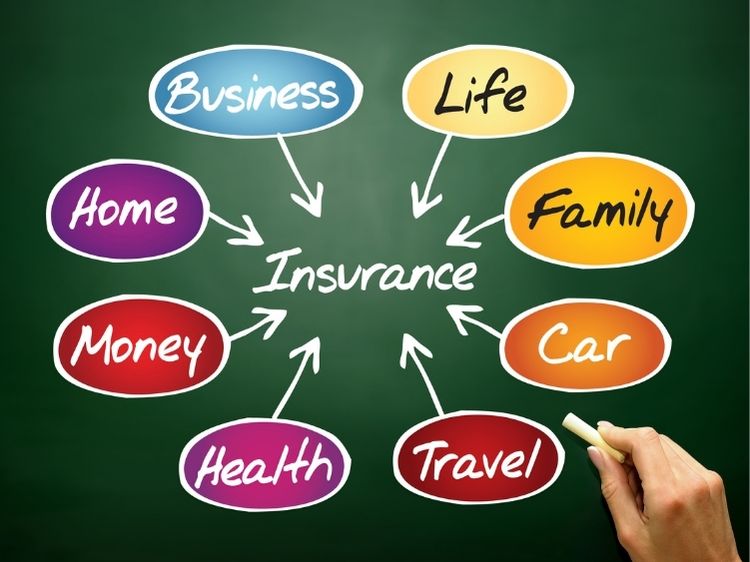Car insurance is one of those necessary expenses that can feel like a financial drain. But guess what? You don’t have to break the bank to get good coverage! Cheap car insurance is totally within reach—you just need to know where to look and what to consider. In this guide, we’re diving into the world of affordable car insurance, offering practical tips, and breaking down everything you need to know to save big on your premiums.
Whether you’re new to driving, switching insurers, or just looking for better rates, this article has all the answers. Let’s hit the road to savings!
What is Cheap Car Insurance?
Cheap car insurance refers to auto insurance policies that offer lower premiums while still providing essential coverage. The term “cheap” doesn’t necessarily mean poor quality—it simply means that the policy costs less. Many drivers are on the hunt for ways to lower their car insurance bills, but it’s important to ensure you’re still getting sufficient coverage.
Why Cheap Car Insurance Doesn’t Mean Bad Coverage
A common misconception is that cheap car insurance offers subpar protection. While it’s true that you can find bare-bones policies with limited coverage, many insurers provide comprehensive options at lower prices. The key is to balance cost with the coverage you need.
For instance, opting for minimum liability coverage might reduce your premium, but it may leave you vulnerable in an accident. Instead, shop around for affordable policies that offer a good mix of liability, collision, and comprehensive coverage. That way, you won’t find yourself stuck with hefty bills after an accident.
How to Find Cheap Car Insurance
Looking to snag a deal on car insurance? Here are some strategies to help you save:
- Compare Quotes
Don’t settle for the first quote you receive. Use online tools to compare rates from multiple insurance providers. Each company assesses risk differently, so rates can vary dramatically for the same coverage. - Consider Usage-Based Insurance
If you don’t drive a lot, usage-based insurance (UBI) might be the perfect fit. These policies track your mileage or driving habits via a smartphone app or device, adjusting your premium accordingly. Drive safely and less frequently? You’ll pay less. - Increase Your Deductible
Raising your deductible can significantly lower your premium. Just be sure you’re comfortable covering the higher out-of-pocket cost in the event of an accident. - Bundle Insurance Policies
Many insurers offer discounts when you bundle multiple policies together. For example, you can combine your home and auto insurance with the same company to enjoy lower rates. - Take Advantage of Discounts
Insurers offer all kinds of discounts—good driver discounts, student discounts, military discounts, and more. Don’t forget to ask your provider about available discounts when shopping for coverage. - Maintain a Good Credit Score
Believe it or not, your credit score can impact your insurance premium. A higher score shows insurers that you’re financially responsible, leading to lower rates. Stay on top of your credit to secure cheaper premiums.
Factors That Impact the Cost of Car Insurance
Your insurance premium is determined by a variety of factors, some of which you can control and others you can’t. Here are the major factors insurers consider:
- Your Driving Record: Got a clean record? You’re in luck. Safe drivers typically receive lower premiums, while accidents and traffic violations can cause rates to spike.
- Age and Experience: Young drivers often pay more due to their lack of experience. If you’re under 25, you can expect to pay higher premiums, but as you gain experience, your rates should drop.
- Location: Where you live affects your rates, too. Urban areas with high traffic and crime rates generally result in higher premiums than rural areas.
- Vehicle Type: The make and model of your car matter. Luxury and sports cars typically cost more to insure than a modest sedan or compact car.
- Coverage Levels: The more coverage you opt for, the higher your premium. Full coverage (liability, collision, and comprehensive) will cost more than minimum liability, but it provides broader protection.
FAQs About Cheap Car Insurance
1. How can I reduce my car insurance premium?
There are several ways to lower your premium: compare quotes, raise your deductible, maintain a good driving record, bundle policies, and take advantage of discounts offered by insurers.
2. Does cheap car insurance cover accidents?
Cheap car insurance can still cover accidents if you choose the right policy. Make sure you’re getting sufficient liability coverage, and consider adding collision and comprehensive options for broader protection.
3. Can my credit score affect my car insurance rates?
Yes, many insurers use credit scores as a factor in determining premiums. A higher score can help you secure lower rates, while a lower score might cause your premium to increase.
4. Are usage-based insurance programs worth it?
Usage-based insurance programs are great for low-mileage drivers who maintain safe driving habits. They can lead to significant savings if you don’t spend much time on the road.
5. What is the minimum coverage I need?
The minimum coverage varies by state, but it generally includes liability insurance. While this will keep you legal, it might not be enough if you’re involved in a serious accident. Consider adding more coverage for peace of mind.
Cheap Car Insurance: The Final Word
Cheap car insurance is achievable without sacrificing coverage quality—you just have to be a savvy shopper. By comparing quotes, exploring discounts, and making informed decisions about coverage levels, you can significantly reduce your premiums. Remember, the cheapest option isn’t always the best, so balance affordability with the protection you need.
Take your time, review your options, and don’t hesitate to switch insurers if a better deal comes along. And if you’re unsure about which policy suits your needs, consult an insurance expert who can guide you to the right decision.
Authoritative Links:

